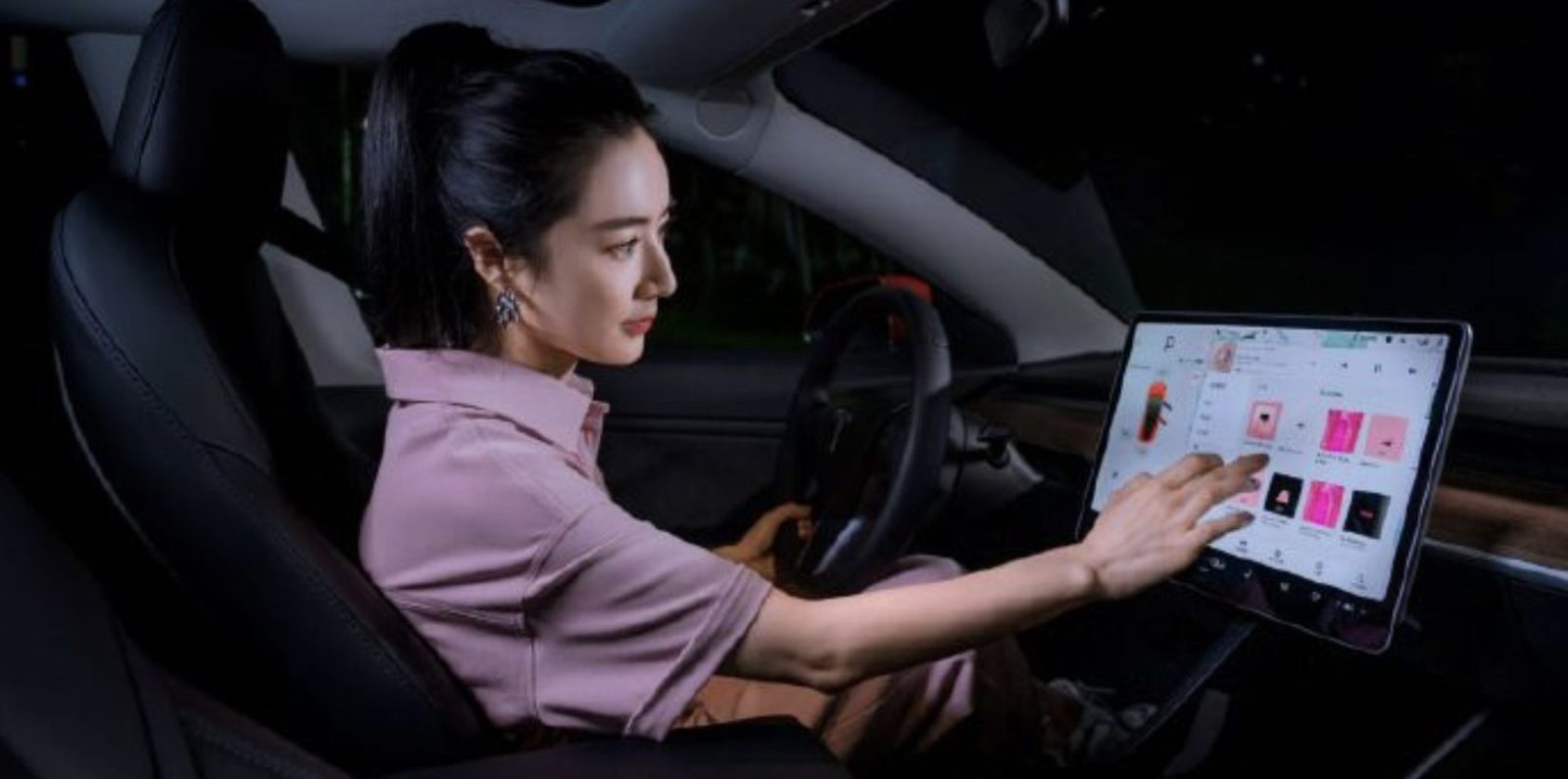Influencers in China are creating content and spreading awareness about electric vehicles more often than one would expect. Traditional media outlets have very little information and social media influencers are playing a crucial role. Companies are paying influencers more than what the influencer could earn without advertising the car.

In April, there was news about a popular Chinese influencer, Viya explained Model 3 features like music, spacious interior, and other details. Usually, Viya charges 30%, who is known to help Kim Kardashian sell her perfume in the country. Tesla usually doesn’t opt for advertising in traditional ways. In China, the ways how influencers work is taken into consideration, where buyers get information and preference depending on their favorite influencer.
A panel discussion led by Meng in June for Great Wall Motor Co. talked about influencers using Chinese media platforms like Weibo, Zhihu, and Bilibili. It is very common for females in the family to play a role in purchases in China. Influencers play a big part in their selection, and choosing female influencers who provide detailed information is an added advantage. Unlike how things were for fuel-powered cars, the EV purchaser is the comparatively intelligent buyer. The details matter more than they may seem.
Building connections with next-generation customers
Most of the advertisers in the recent Shanghai Auto Show weren’t typical media persons. Coming with selfie sticks and ring lights, these influencers explore various options. A Geely spokesperson said, “It’s one of the best ways to build a connection with the current and next generation of customers,” Also added, “Working with influencers the company has found “more efficient ways to directly communicate with target customers.”
And influencer states that they received 10,000 Yuan for posting four pictures from the Auto Show event. Dcar’s content operations director, Ji Chengcheng said, “While influencers in the early days tended to come from professional media or industry backgrounds, now more young people are willing to generate content for the public. We want to help those who are willing to create and share.”
Another interesting example is given by Bloomberg, where Chang Yan is featured. This 33-year old worked as a technology writer at a state-owned enterprise. In early 2019 he began translating Elon Musk’s and Tesla tweets from English to Chinese. Later during the pandemic, he decided to become an influencer noticing how little information about electric vehicles is available. Now employees a director, a business development director, a cameraman, a social media manager, and a writer. His studio in Beijing makes content where they use an electric vehicle and create content on their experience. There are around 650,000 followers for this influencer on Weibo, China’s Twitter platform.













